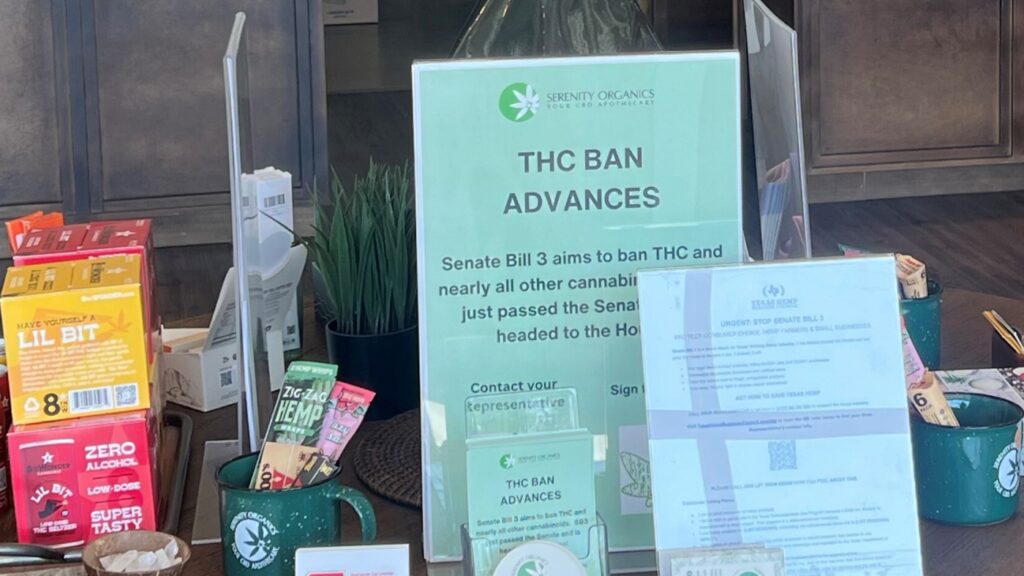In Texas, a recent legislative push to ban most consumable hemp products containing THC has stirred controversy. The state Senate passed a bill aiming to restrict these products, citing concerns over safety and potential abuse. The move comes in response to the rapid growth of the consumable hemp industry following the legalization of hemp products in 2018, which inadvertently paved the way for a multibillion-dollar market for items like gummies and vapes.
While some lawmakers support the ban, arguing that these products pose a public health risk, others advocate for increased regulation rather than an outright prohibition. Concerns have been raised about the lack of age restrictions for purchasing these items and the potential health hazards associated with certain strains of THC.
The proposed ban has sparked a debate on the economic impact, with estimates suggesting annual sales of up to $8 billion in Texas. However, opponents argue that prioritizing profits over public health is unacceptable, pointing to the potential consequences of addiction and mental health crises.
Testimonies from individuals, including veterans who rely on hemp products for pain management and PTSD, have highlighted the personal stakes involved. Suppliers like Melanne Carpenter emphasize the importance of regulation to ensure safe access to these products, warning that a ban could drive consumers to illicit sources.
As the legislative discussion unfolds, stakeholders on both sides are grappling with the complexities of balancing public health concerns, economic interests, and individual freedoms in the evolving landscape of hemp regulation in Texas.

